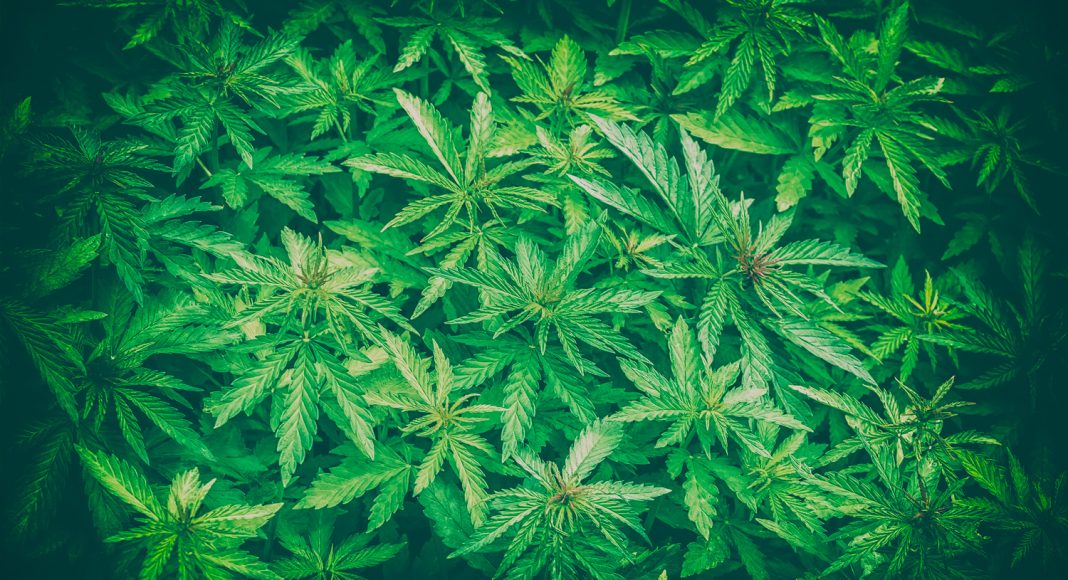In May 2019, Gallup pollsters asked Americans about their trust in federal agencies. The Food and Drug Administration (FDA) ranked near the bottom, beating only the Veterans Administration (VA) and the Environmental Protection Agency (EPA). Only 44% of respondents rated the FDA as doing an excellent or good job. In turn, 33% viewed the FDA’s performance as “fair” and 22% ranking the FDA as “poor.” That paled in comparison to the US Postal Service (74% good/excellent) and fell below even the Internal Revenue Service (IRS) (50% good/excellent). That’s not great for the FDA, considering that its purpose is to protect the public, not collect taxes. Add to it, what is the FDA’s problem with Hemp-CBD?
While we’re on the subject of Gallup Polls, in June Gallup found that 4 in 10 respondents believed that CBD should be sold over the counter. Only 21% of respondents believed that CBD oil should be sold with a prescription and a mere 2% believed it should not be available at all. In addition, 36% of respondents were not familiar with CBD.
RELATED: Congress Lays Out Expectations For FDA On Hemp-CBD In Budget Report
It’s no secret that CBD presents a unique challenge for the FDA because the compound itself is about as popular as the agency. To compare, 44% of Americans think the FDA is doing a good job and 39% of Americans believe that CBD should be available without a prescription. If the FDA and CBD oil were politicians, they’d be neck and neck. That begs the question, do Americans trust the FDA enough to evaluate CBD?
Recently, the FDA issued a new statement on CBD: FDA is Committed to Sound, Science-Based Policy on CBD. The opening paragraph of the statement is reassuring:
Science forms the basis for decisions at the [FDA] and is paramount when it comes to making decisions that will impact the health and safety of the American public. We apply this rigorous, science-based approach to matters large and small that come before the Agency — including with respect to products containing cannabis or cannabis-derived compounds, including cannabidiol (CBD).
That sounds great! Who doesn’t want a “sound, science-based policy on CBD?” Though evidence shows that CBD certainly has some serious benefits, we really do not know enough about the compound at this point. I think the FDA’s statement sums this up nicely:
While we recognize the potential benefits of CBD, questions remain regarding its safety. During our review of the marketing application for Epidiolex, we identified certain safety risks, including the potential for liver injury. Furthermore, unsubstantiated therapeutic claims — such as claims that CBD products can treat serious diseases — can lead consumers to put off getting important medical care.
Again, it’s pretty hard to argue that these items shouldn’t be investigated. The problem is that people may not trust the FDA with something as popular as public access to CBD oil.
How did the FDA lose the public’s trust? In 2013, the Journal of Law, Medicine, and Ethics published an article titled Institutional Corruption of Pharmaceuticals and the Myth of Safe and Effective Drugs which provides some potential answers. The article finds that the “pharmaceutical industry has corrupted the practice of medicine through its influence over what drugs are developed, how they are tested, and how medical knowledge is created.” The FDA was created to protect the public from unsafe food and drugs. However, the high cost of investigating and approving drugs has turned “drug companies into the FDA’s prime clients, deepening the regulatory and cultural capture of the agency.”
RELATED: Did The 2018 Farm Bill Open The Door To Importing Hemp?
The article determines that the FDA has put the needs of the medical industry over the needs of individuals which has resulted in an increase in the overall number of drugs, some of which are not effective or needed. In the last few years, the opioid crisis has made the situation even more pressing. The Center for Disease Control reported that “drug overdoses killed 63,632 Americans in 2016,” and “nearly two-thirds of these deaths (66%) involved a prescription or illicit opioid.”
The lack of public trust in the FDA helps inform the current problem it faces with CBD oil. On one hand, the FDA must ensure that products are safe for the public. On the other hand, it also needs to keep politicians (including Senators Ron Wyden and Mitch McConnell) and the public happy by allowing broad access to CBD oil. We’ll continue to monitor how the FDA regulates this tough issue.
Daniel Shortt is an attorney at Harris Bricken and this article was originally published on the Canna Law Blog.


